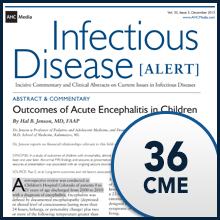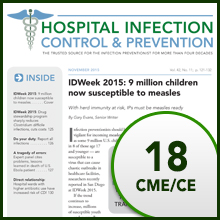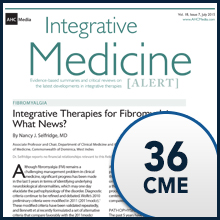Past Prescribing Predicts Drug Therapy Choice in Insomnia
February 23rd, 2017
BOSTON — Too many physicians might be on automatic pilot when determining the best therapy to treat insomnia in patients.
That’s based on new research from Harvard Medical School on physicians’ choice of insomnia medication. The study, published in Scientific Reports, suggests that prescribing specific medications might be done out of habit without taking into consideration symptoms and medical history.
In fact, the analysis indicates that past prescribing patterns often outweigh patient characteristics in determining which drug a patient might receive.
“Zolpidem and trazodone were the most widely prescribed initial sleep medication in a cohort of 1,105 patients,” study authors write. “Some providers showed a historical preference for one medication, which was highly predictive of their future prescribing behavior.”
To reach that conclusion, the investigative team focused on 1,105 Boston patients' medical records and accompanying clinical notes.
"Our results illuminate the notion that just as everyone else, many physicians are creatures of habit who tend to rely on cognitive shortcuts in their decision-making," explained first author Andrew Beam, PhD, a postdoctoral research fellow in the Department of Biomedical Informatics at Harvard. "Doctors are not always as rational as we'd like to believe."
The analysis compared prescribing for zolpidem, an effective, newer medication associated with side effects such as next-day drowsiness and dizziness, and trazodone, an older drug typically used for depression that is less effective for insomnia but has a well-established safety profile.
Results indicate that a physician who prescribed one medication in the past was three times as likely to continue prescribing the same drug. The prescribing pattern altered somewhat in specific situations: Patients who had symptoms of depression in addition insomnia were slightly more likely than those without depression to receive a prescription for trazodone.
“In this study, we present new methodology for understanding the physician-patient dynamics that drive clinical decisions,” the researchers conclude, adding, “We believe this study could be of clinical significance as it sheds light on an area that is often understudied (insomnia) and highlights an opportunity for further physician education on medication prescriptions for this patient population.”

FEATURED RESOURCE




